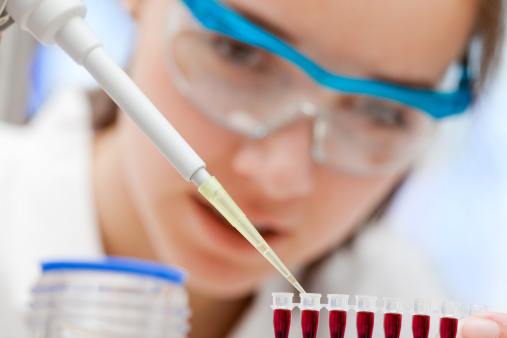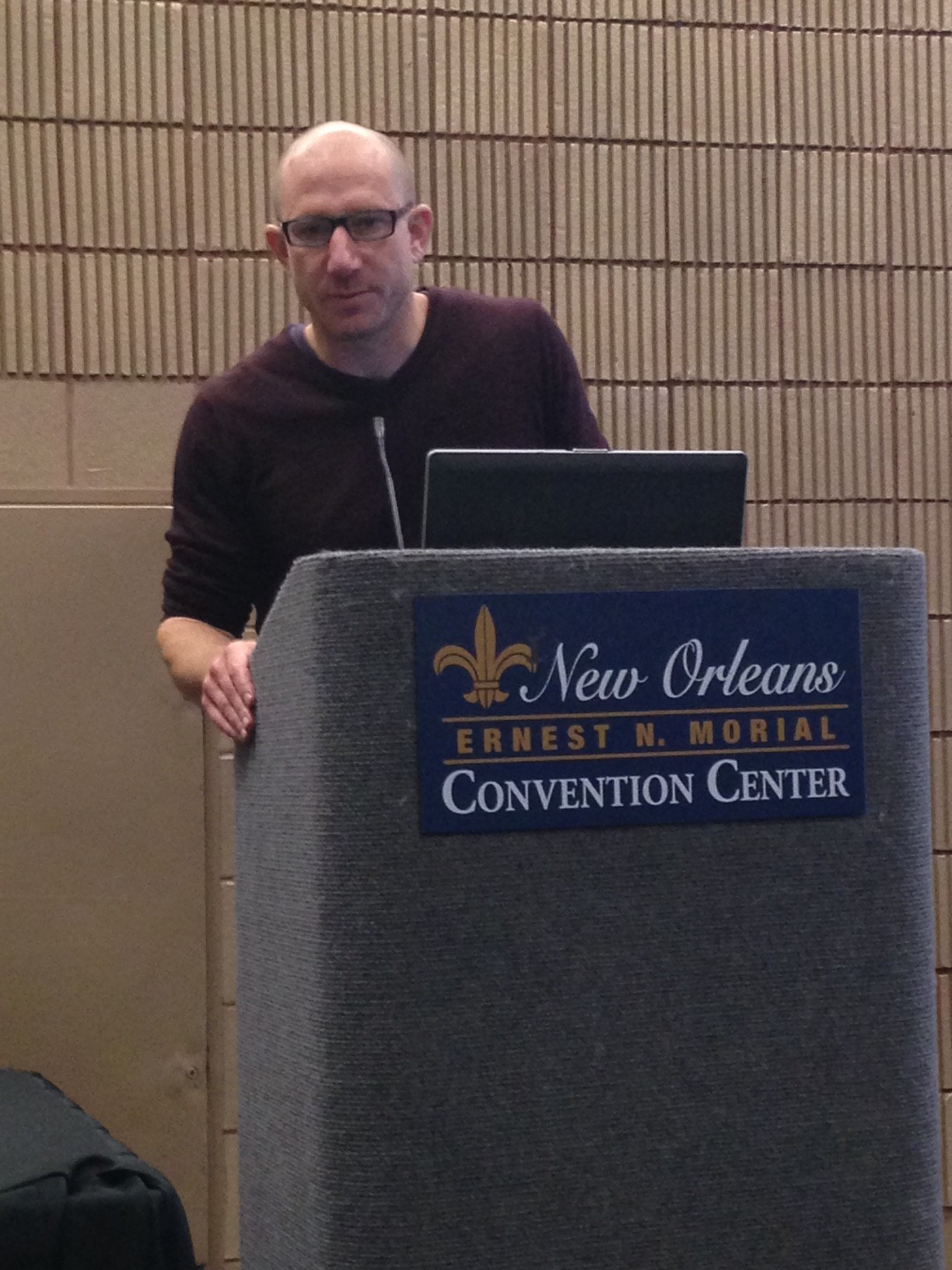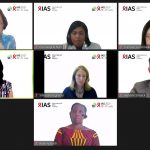When M. Reuel Friedman, Ph.D., was asked to improve the HIV testing rates among young black gay and bisexual men and transgendered women in southwestern Pennsylvania, he realized it wasn’t as simple as offering clinics.
He’d have to build a community.
“If we just set up a storefront, a clinic to get tested, what’s the draw?” Dr. Friedman, assistant professor in the Department of Infectious Diseases and Microbiology at the University of Pittsburgh Graduate School of Public Health asked a group of public health professionals during a talk Wednesday at the American Public Health Association’s annual meeting in New Orleans. “These young men kept saying to us, ‘There’s nowhere for us to go socialize, nowhere for us to call our own and be ourselves.’”
That’s when he had the idea to start Project Silk, a safe space for young black men who have sex with men to hang-out, dance, watch movies, sing karaoke and just generally have a good time on the nights and weekends. And he coupled it with HIV and sexually transmitted disease testing.
“It worked, we were crushed – in a good way – our first year with over 300 people attending, a lot of them multiple times,” said Dr. Friedman.
Through Project Silk, 94 percent of HIV-positive participants were linked to or re-engaged with HIV care services. Participants averaged 17 years old.
However, Dr. Friedman said, Project Silk also opened his eyes to the many challenges and stigmas that these young men face, ranging from peer violence to discrimination. His team is working to expand the services offered through Project Silk to provide job training, educational opportunities and help with housing.
To ensure that Project Silk is a safe space, there is zero tolerance for violence or intimidation and every participant has to read a clear set of anti-violence rules every time they attend. If someone violates the rules, they are banned from Project Silk. However, if they agree to complete mental health or social services, the ban can be lifted on a case-by-case basis.
“My main takeaway?” he told the crowd gathered to learn how Project Silk proved so successful. “You can do this – it’s hard, but it’s so worth it.”









